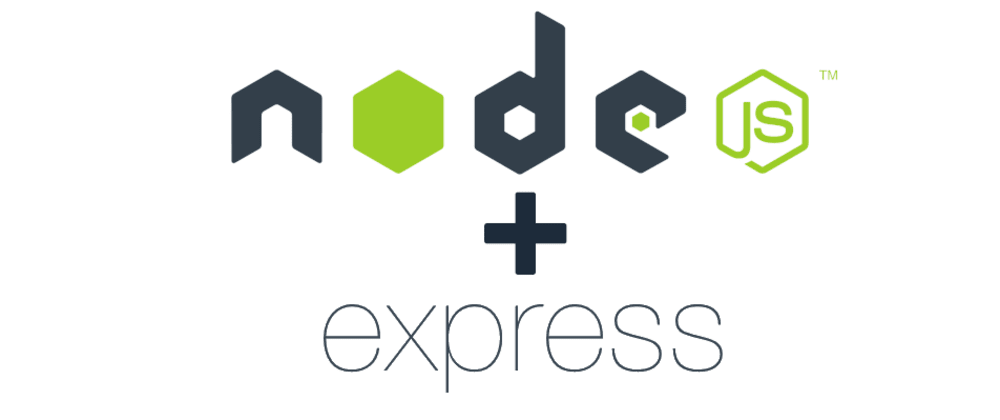This is the final project for the course "Theory of Computation". The project aims to help those who are also participating this course but had a hard time understanding the concept of regular expression and NFA (non-deterministic finite automata).
The LINE bot ToC-RE-Helper would help you transform an RE you learned in the class into an equivalent NFA. Also, it is capable of performing optimization on your input to minimize the number of states and transitions. Finally, once the NFA is generated, you can try giving it an input string and see whether the NFA can accept it or not!
- @846cqgxg
- Scan the QR code and add ToC-RE-Helper official account as your friend.
- Select RE to NFA on the main menu to start crafting your NFA!
- If having trouble, you can see the Help content by clicking the help option on the main menu.
- An intuitive and straightforward way of constructing an NFA from RE.
- Easy to understand the structure of the NFA.
- Has only one single final state.
- Optimize the NFA generation of all kinds of regular expression operator.
- Minimized number of states and transitions.
- Has multiple final states.
- You can use Match to test the NFA you crafted.
- It tells you whether the input string you entered can be accept by the NFA or not.
- A simple help page is provided to give you more information about NFA and RE.
- It shows the relation of an RE expression between the corresponding NFA component.
- You can also get the detailed control flow state machine diagram and the characteristic finite state machine diagram of RE parser in the help page.
-
Easy to use
- ToC-RE-Helper provides clean, beautiful and friendly UI.
- All the functionalities are super easy to understand.
-
Same regular expression grammar as you had learned in the ToC course
- The regular expression is the same as what you had learned in the class.
- It helps you to get started with ToC-RE-Helper much faster.
-
Able to simulate NFA transitions and match an input string
- Besides constructing an NFA, you can also give it an input string and see if it can be accepted by your NFA.
-
Hand crafted regular expression compiler
- The compiler is written base on the knowledge learned from the course Compiler Construction.
- The frontend RE parser and backend NFA generator are separated as the modern compiler design methodology does.
- Use bottom-up parsing to check the syntax of regular expressions.
- An intermediate representation is generated to describe how the NFA is to be built.
-
Stack based NFA generator
- The generator takes the IR as input and generates a corresponding NFA based on the description.
- The generator can be considered as a stack virtual machine and the IR is the instruction sequence.
- The operation on the RE can be mapped to the construction on the NFA directly.
-
NFA optimization for minimal states and transitions
- In addition to an intuitive way of constructing an NFA, the generator can also do optimizations.
- It on average generates two times less states and transitions than the intuitive way does.
-
Minimal source codes
- There are only 2 source files in this repo, one for the server and the other for the RE compiler.
There are two finite state machines in my program, one for recording current user status and the other for the regular expression parser in the re-compiler.
This is the FSM recording the status of a active user. There are mainly 6 states for an active user, which are
initialwaitingReInputhasReInputgotNfawaitingStringToMatchwaitingHelpType
In any state, user can go to any of initial, waitingReInput or waitingHelpType without restraint via restart, re2nfa or help transition respectively, which maps to the clicking on the button of the template messages sent by the bot.
The transition like reInput or stringToMatch correspond to the text input of user. correctReInput and incorrectReInput is triggered by the compilation result of user's RE input. As for all the help options, those transitions all go back to the waitingHelpType since the user can consecutively ask for different help contents.
Once the user clicks the button that triggers re2nfa or help transition, then the user information is record in an active user list. On the contrary, if the user triggers restart transition, then he or she would be moved out from the list.
The state machine is the core of regular expression compiler. The parser is a implementation of button-up parser, which is capable of parsing the input using a SLR(1) grammar. The parser driver is driven by the parse table derived by the CFSM and performs shift-reduce parsing on the input token stream. For more detailed information, please refer to here.
The framework of this bot is based on Node.js and Express. Besides, npm is used as the package manager.
The dependent packages are recorded in packages.json. To install them, do
$ npm installPlus, Graphviz is used to plot the diagram of NFA's. Make sure you have that also. To check, do
$ which dot # /usr/bin/dotCreate a LINE channel and get the channel_id, channel_secret and channel_access_token. Also, get an imgur account and register an application, which is used to upload the generated diagrams and obtain the link to the them to send image messages in LINE. You will also get a client_id for your imgur application. Finally, create your own .env file according to the format described in .env.sample then you're ready to go.
To activate the server, simply do
$ node app.jsThe server listens on the port 6459/ by default. You can specify the port by your own here. Also, remember to set the webhook url for your LINE messaging api.
Author: E24076459 Yu-Yu Hsiao








